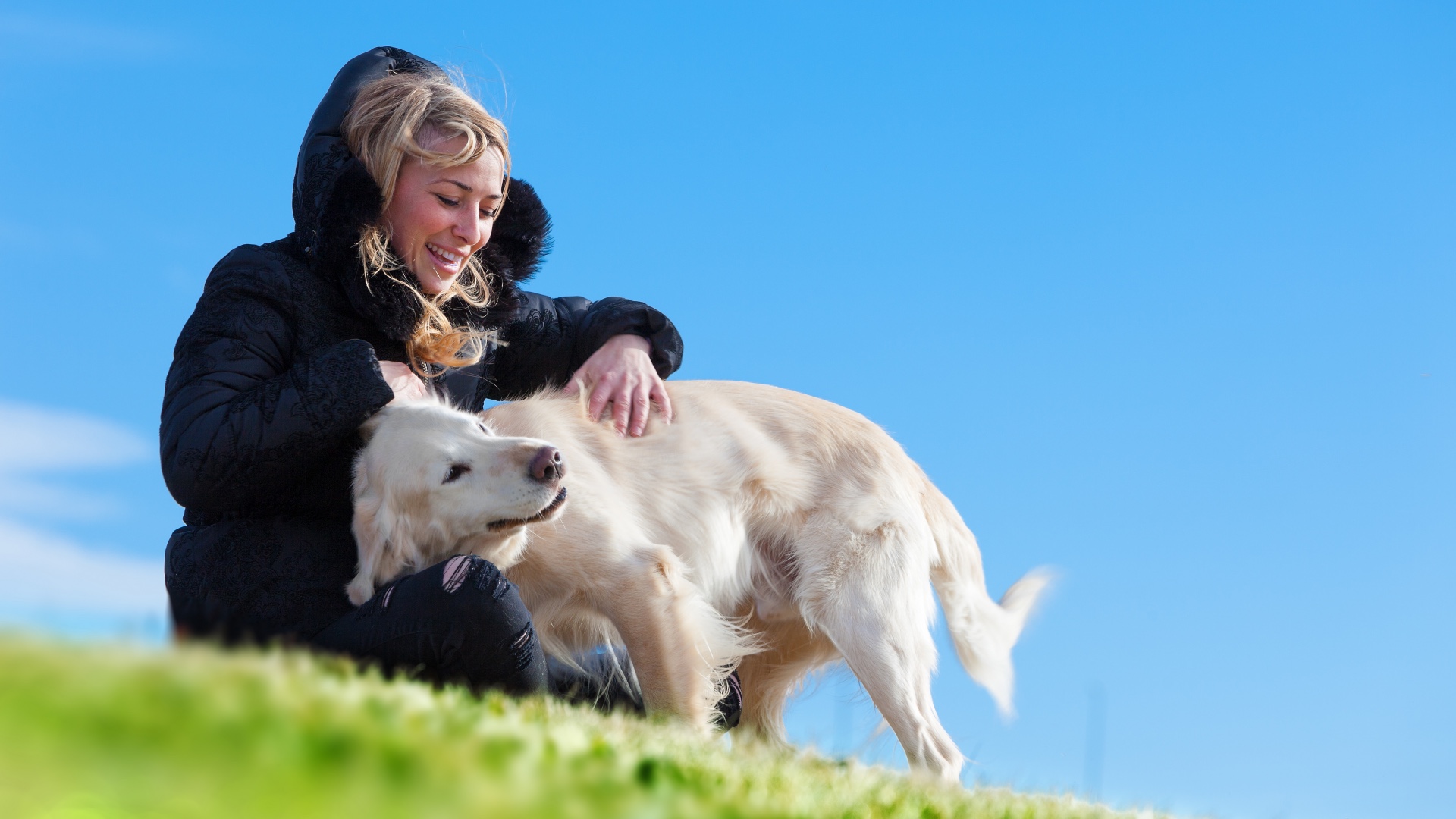Come! Three expert-approved tips to nail your dog’s recall training
Here's how to improve your dog’s recall in just three steps, according to an expert trainer

If you feel like your dog knows what you're asking them to do but seems to develop selective hearing when you ask them to come, you'll be relieved to learn there are a few tricks that can help.
There could be many reasons why your dog's recall isn't reliable, but distractions in their environment are top of the list.
When your dog fails to come when you call them, it's not because they're being stubborn or disobedient — whatever fun or interesting thing that's captured their attention is simply more exciting than you in that particular moment.
Thankfully, Alexa Sessa, the head trainer and behavior expert at Peach on a Leash, has come to the rescue with a handy Instagram post where she's sharing her top three tips for improving your dog's recall.
Here's what she had to say...
A post shared by Peach On A Leash Dog Training (@peachonaleash)
A photo posted by on
1. Use your words carefully: "We like to teach a special recall word that is heavily reinforced, which means we reward EVERY time with something the dog loves," says Sessa. You should use this 'magic' word sparingly, but you can have a secondary recall word that's used more casually."
2. Reward well: "Recalls should be rewarded a vast majority of the time, and with a high-value food like chicken or cheese," Sessa recommends. "This is a high-stakes behavior that could save you dog's life, and we want them to be highly motivated to come."
PetsRadar Newsletter
Get the best advice, tips and top tech for your beloved Pets
It's important to remember that when you're recalling your dog, you're often asking them to move away from something they're finding interesting or fun, which is why rewards are so crucial — you want them to associate coming to you as being more exciting than anything else they could be doing.
3. Increase difficulty slowly: "Work indoors until your recall is strong, then work outside on a long line," Sessa advises. "If you move up to difficult distractions too quickly, you'll likely experience some setbacks."
While every dog is unique, Sessa's tips above are a great starting point if you're wanting to train a more reliable recall.
And if you feel you and your pup would benefit from some extra support in this area, we recommend reaching out to a professional trainer.

Kathryn is a freelance writer who has been a member of the PetsRadar family since it launched in 2020. Highly experienced in her field, she's driven by a desire to provide pet parents with accurate, timely, and informative content that enables them to provide their fur friends with everything they need to thrive. Kathryn works closely with vets and trainers to ensure all articles offer the most up-to-date information across a range of pet-related fields, from insights into health and behavior issues to tips on products and training. When she’s not busy crafting the perfect sentence for her features, buying guides and news pieces, she can be found hanging out with her family (which includes one super sassy cat), drinking copious amounts of Jasmine tea and reading all the books.
